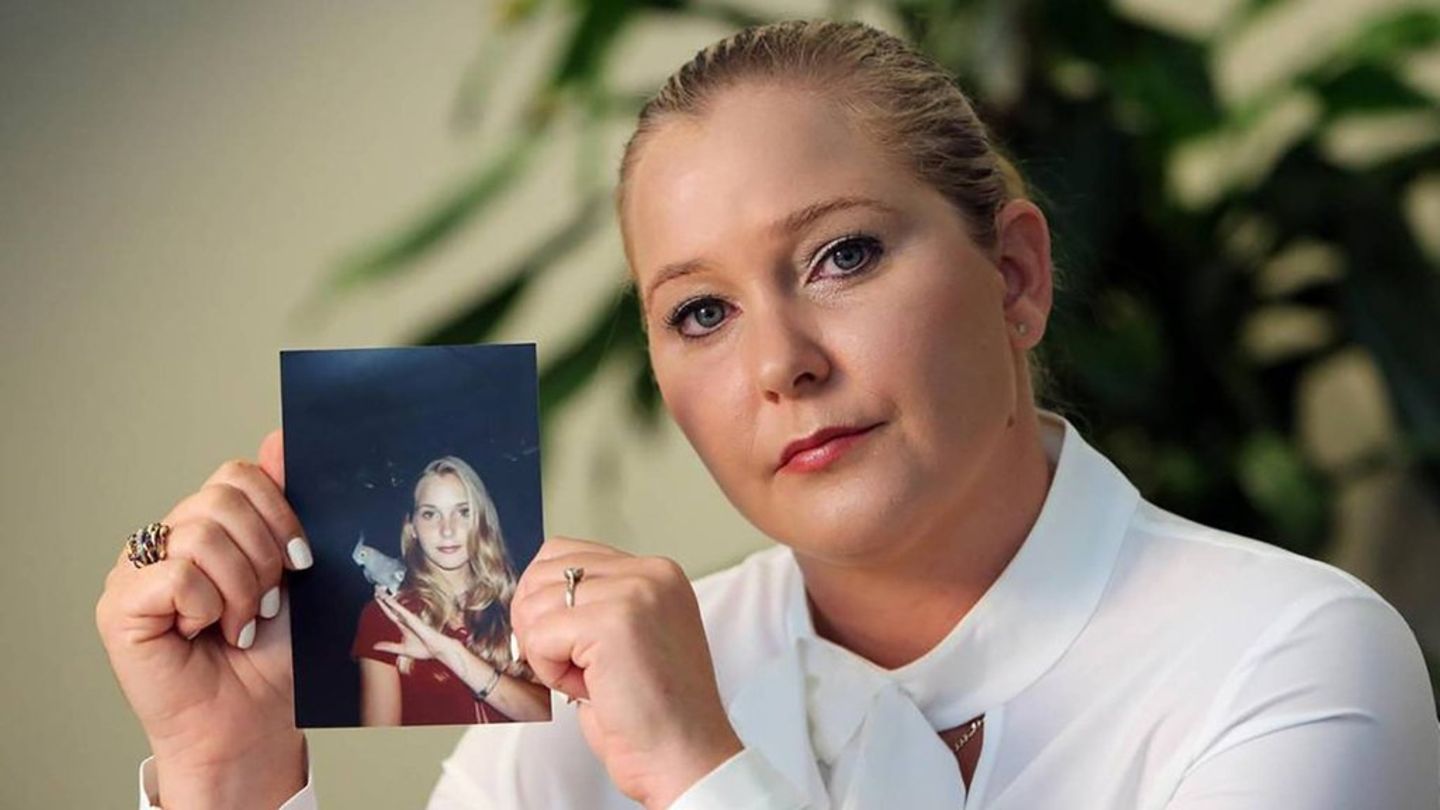The debate about controlling and limiting migration is controversial. Ahead of the summit on Monday, several prime ministers will speak.
Hesse’s Prime Minister Boris Rhein (CDU) is calling for a tougher approach to the issue of migration. “We have reached the limit,” said Rhein on Deutschlandfunk. There are “sometimes dramatic conditions” in the municipalities. The main question that politicians have to solve is: “How do fewer people get into the country illegally.” The second point is how rejected asylum seekers can be repatriated. In addition, “the incentives would have to be reduced”.
Rhein also spoke out clearly in favor of border controls. If the EU’s external borders cannot be protected, the internal borders must be protected. “We need situation-adapted border controls, especially to the Czech Republic and Poland.” Controls are also a clear signal “that the limitless openness in Germany, at least for the moment, is over.”
Rhine for outsourcing asylum procedures
The so-called Dublin procedure must be reintroduced: migrants would then have to stay in the country in which they were first registered. Anyone who moves further later will have to cope with the social benefits of the first country.
Outsourcing asylum procedures to countries outside the EU is “a very correct and important proposal”. The EU-Turkey agreement “worked really well, it was really effective. And we now need a similar procedure with Tunisia, for example.”
The issue of migration will also be discussed “intensively” with possible coalition partners during the exploratory talks after the Hesse state elections. When asked which party was closer to the CDU, Rhein said: “Things are still completely open to this day.”
Because: Forecasts on the number of asylum seekers “not serious”
The Prime Minister of Lower Saxony, Stephan Weil, is now warning against excessive expectations of a rapid reduction in the number of asylum seekers in Germany. “I advise everyone against making concrete forecasts as to when the number of people fleeing to us will decline,” said the SPD politician to the Editorial Network Germany (RND). “You can’t reliably predict that.”
It is “undoubtedly true that we have to do better with repatriations,” he emphasized. However, these currently only work for a limited group of people.
The basis for so-called returns are readmission agreements with states, but these often refuse to accept their own nationals. Chancellor Olaf Scholz (SPD) said that Germany must “finally deport on a large scale” those who have no right to stay in Germany. Weil, in turn, emphasized that it was important to “tell citizens very clearly what works and what doesn’t work.”
Source: Stern
I have been working in the news industry for over 6 years, first as a reporter and now as an editor. I have covered politics extensively, and my work has appeared in major newspapers and online news outlets around the world. In addition to my writing, I also contribute regularly to 24 Hours World.




